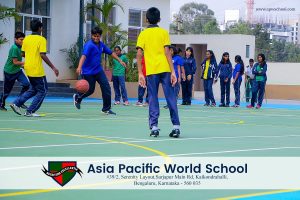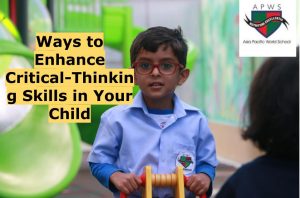
Choosing the right education board for your child is a difficult choice, especially if there are so many options in front of you like CBSE, ICSE, SSC, IGCSE among others. While you must have an idea about most of them, IGCSE is one, still, not many people are aware of, as it is the newest of them all in our country.
And if you’re here then it means you are considering this board for your child or are interested in knowing about it. There are some of the best IGCSE schools in Bangalore, Mumbai, Delhi, and Pune but before zeroing in on one board, be well aware of what IGCSE board has to offer too.
IGCSE or International General Certificate of Secondary Education offers a promising curriculum. This board is affiliated with the University of Cambridge and is recognized all over the world. The education system in India is witnessing a paradigm shift and its major driving force is the IGCSE board which has put the spotlight on the overall development of the personalities of students than just aiming to improve their academics. From the young age itself, this program directs students to develop analytical skills, creative skills and promotes their inquisitive bent of mind.
From letting the students choose the subjects of interest to facilitating advancement in core subjects like English, Maths, and Science, IGCSE keeps up with the changing requirements in the education sector. Along with this, rather than asking the usual theoretical questions in exams, the students taking exams under this board are required to application-based questions.
Many students who have done their schooling from the IGCSE board call this approach a much forward one, for it not only makes studying interesting but also brings them to realize the actual application of what is being taught to them in classrooms. Not just this, studying in International schools also give students an edge over others when it comes to getting admissions in colleges or universities abroad.
Of course, there are several advantages of every other board as well but as times are moving quite forward, it is always best to give your children the updated education. And IGCSE is the future, for sure.
If you are looking for top IGCSE schools in Bangalore then you can go for The International School, Asia Pacific World School, Canadian International School. In Mumbai, N.E.S. International School, Dr Pillai Global Academy, RIMS International School and Junior College are some of the best and in Delhi, you can try for The British School, Manav Rachna International School among others.



